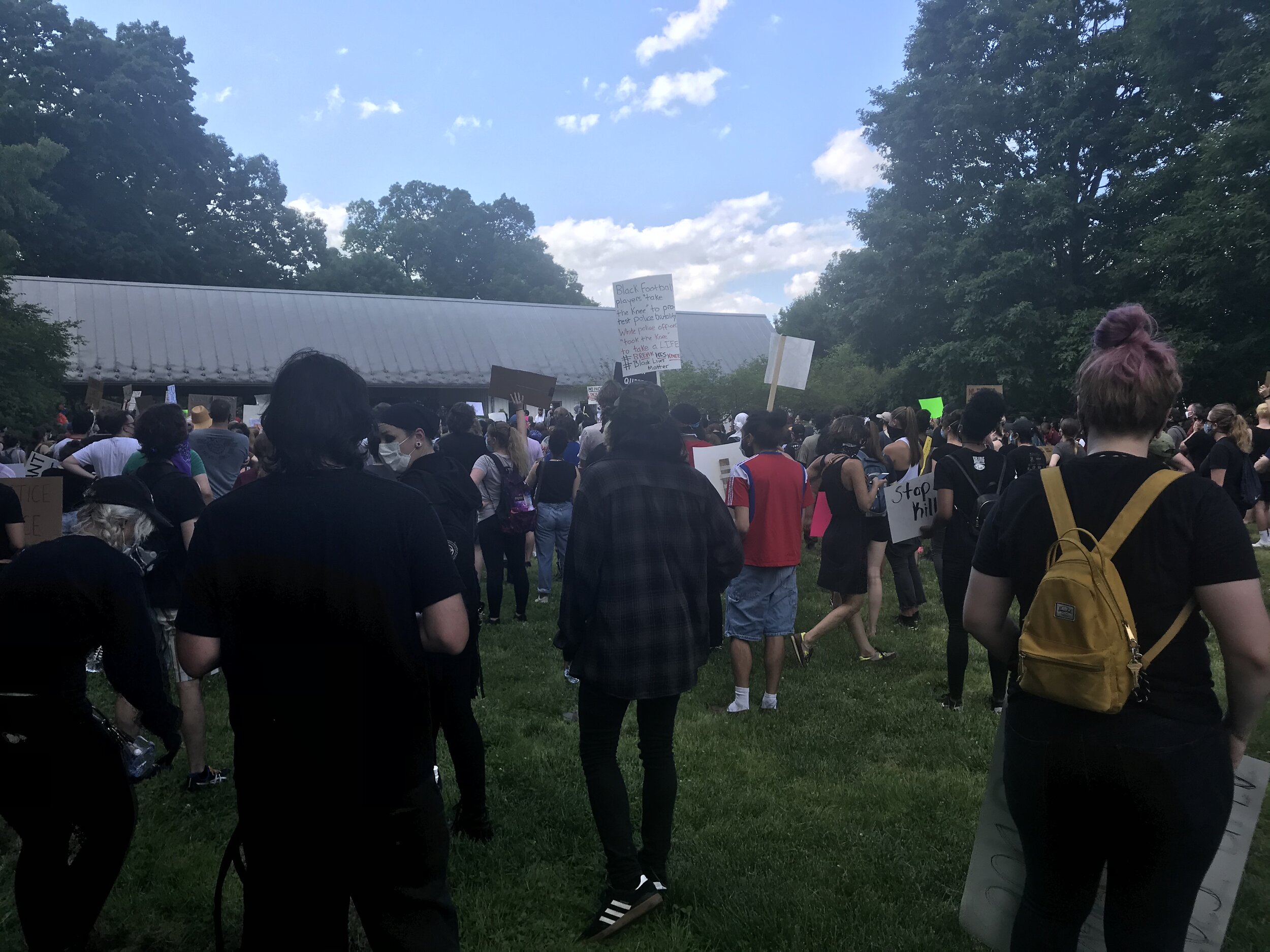
White Folks’ Work: Digital Allyship Praxis in the #BlackLivesMatter Movement
ABSTRACT
#BlackLivesMatter, a social-media-fueled social movement for racial justice in the United States, rose to international prominence between 2014 and 2016. Described by one of its co-creators as a call to collective action in the struggle against racial inequity, the movement’s hashtag (#BlackLivesMatter) was second to only #Ferguson among the most frequently used racial justice hashtags in the first 10 years of Twitter’s existence.
This critical case study analyzes the reflective narratives of 14 self-identified White social media users – part of a larger, interracial group of self-identified online social actors – who used the #BlackLivesMatter hashtag as part of their online activism repertoire during the height of the movement. Grounded by the application of Helms’ White Racial Consciousness Development Scale, this research presents a descriptive account of the ways antiracist labor – colloquially described as ‘White folks’ work’ – can be performed via social media.
Using an a priori definition of allyship as the processes of affirming and taking informed action on behalf of the subjugated group, this research illustrates that strategic information seeking and sharing on Twitter – particularly the amplification of marginalized voices – were key components in the development of digital allyship praxis within this social-media-fueled movement for racial justice.